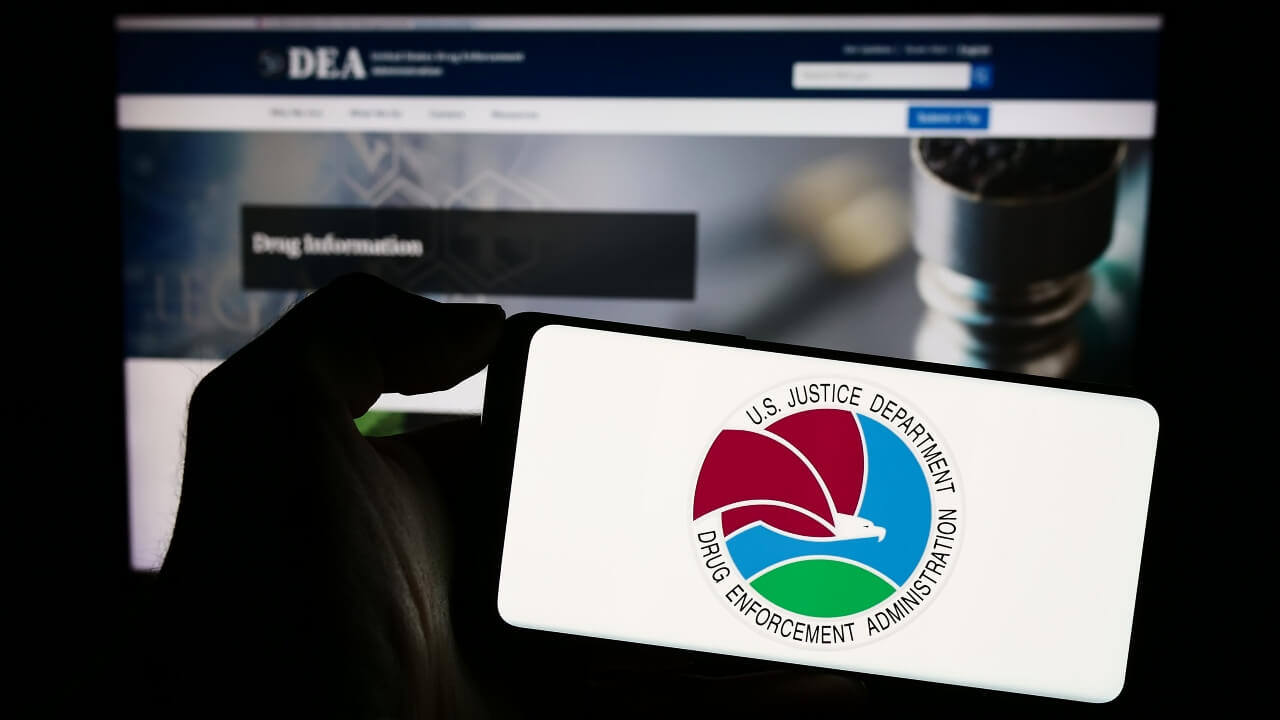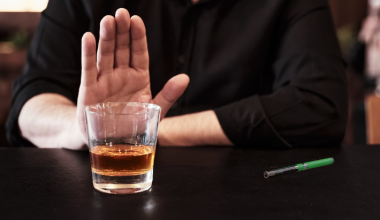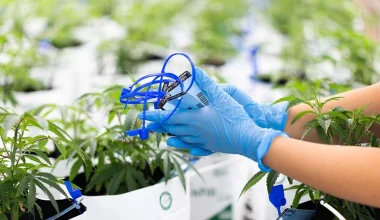President Donald Trump’s choice to lead the U.S. Drug Enforcement Administration has repeatedly declined to say whether his agency will downgrade marijuana’s status under federal law.
But in what might be a sign of the agency’s attitude toward the drug if Terrance Cole is confirmed as administrator by the Senate, the DEA last week claimed that Chinese criminal organizations “dominate” American marijuana production, especially in states “where the cannabis industry is ‘legal,’” the agency wrote.
Cole, who worked as Virginia Gov. Glenn Youngkin’s homeland security chief after a career at the DEA, appeared before the Senate Judiciary Committee on April 30 and later provided written answers to senators’ questions.
Both New Jersey Democratic Sen. Cory Booker and California Democratic Sen. Alex Padilla pressed Cole on the marijuana rescheduling question, including asking whether the DEA is bound by law to follow a finding by the Department of Health and Human Services (HHS) that cannabis has a medical use in the United States.
And Cole gave them both the same answer, according to responses dated May 7.
Cole would ‘give careful consideration’ to rescheduling marijuana
“If confirmed, will you follow the HHS recommendation to reschedule cannabis from Schedule I to Schedule III?” Booker asked.
Cole responded: “If confirmed, I will give the matter careful consideration after consulting with appropriate personnel within the Drug Enforcement Administration, familiarizing myself with the current status of the regulatory process, and reviewing all relevant information.”
He later added, in response to a follow-up question: “As in all matters, if confirmed, I would look at the individualized facts and circumstances and follow the law and any policies of the Department.”
He gave a similar variation of that answer in response to other, unrelated questions about telemedicine.
Cole is Trump’s second choice to lead the agency after his first nominee, Hillsborough County, Florida, Sheriff Chad Chronister, withdrew himself from consideration.
Marijuana rescheduling remains in limbo
While the fentanyl-fueled overdose crisis is among the next DEA chief’s top priorities, the cannabis industry is anxiously awaiting the next move in the marijuana rescheduling process begun in October 2022 by former President Joe Biden.
Biden’s decision to review marijuana’s status under federal law was followed in August 2023 by health regulators’ recommendation that marijuana be reclassified as a Schedule 3 drug, a move that would unlock federal tax relief for plant-touching cannabis companies.
However, changing marijuana’s status has been in limbo since January 2025, when hearings before the DEA’s top administrative law judge were put on hold pending the outcome of an appeal that claimed in part that the agency has exhibited bias toward rescheduling.
Some observers faulted Biden’s DEA chief, Anne Milgram, for failing to push rescheduling through before Trump was sworn in in January.
But observers generally agree that, under the second Trump administration, marijuana rescheduling will proceed only if the White House presses for it.
And, so far, there’s been no action on that front.
Criminal groups ‘exploiting legal market,’ DEA says
But, as the DEA indicated in its annual National Drug Threat Assessment released Thursday, the agency is skeptical of state-level marijuana legalization, at best.
“Marijuana has been ‘legalized’ and or ‘decriminalized’ at the state level for recreational use in 23 states and the District of Columba, and for ‘medical’ use in 39 states and the District of Columbia, as of January 2024,” the agency’s 2025 Drug Threat Assessment noted.
“Despite these measures, during the last two decades, the black market for marijuana has expanded significantly as Chinese and other Asian TCOs (transnational criminal organizations) have taken control of the marijuana trade,” including “exploiting the ‘legal’ market.”
Local authorities often cite the presence of “Chinese nationals” at large illicit marijuana busts, as Oklahoma’s state attorney general did Thursday.
Federal authorities have pointed directly to Maine as a hot spot for alleged organized crime activity involving Chinese nationals.
The federal Department of Homeland Security has claimed there are at least 270 illicit grows with Chinese connections in Maine, which has both recreational and medical marijuana markets.
According to the DEA, “These Chinese TCOs are producing the most potent form of marijuana in the history of drug trafficking, with a THC content averaging 25-30%.”
Chris Roberts can be reached at chris.roberts@mjbizdaily.com.
Medical Disclaimer:
The information provided in these blog posts is intended for general informational and educational purposes only. It is not a substitute for professional medical advice, diagnosis, or treatment. Always seek the advice of your physician or other qualified healthcare provider with any questions you may have regarding a medical condition. The use of any information provided in these blog posts is solely at your own risk. The authors and the website do not recommend or endorse any specific products, treatments, or procedures mentioned. Reliance on any information in these blog posts is solely at your own discretion.






